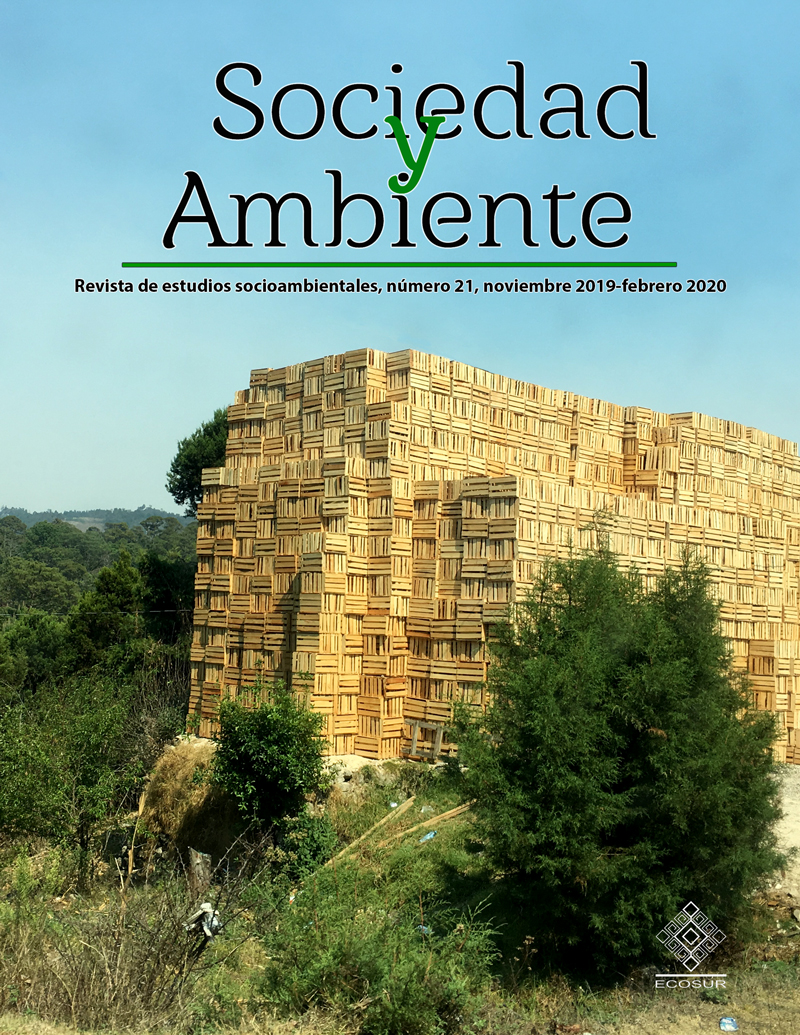Abstract
The problem of the steady increase in the amount of solid waste has mainly been analyzed from the perspective of its effects on the environment and its impact on climate change and human health. An even more serious problem, however, is the ecological deficit produced by consumption growth. Worldwide, the strategy that has been promoted to reduce solid waste is recycling, through Integrated Solid Waste Management (ISWM), a post-consumer approach which, according to the circular economy, constitutes one of the most important strategies for mitigating the ecological deficit. This article analyzes the capacity of this approach to achieve the objectives proposed and suggests that waste generation itself should be prevented and that this should be the main strategy in its management, placing it within the framework of an ecological, solidarity-based economy. The case of Mexico is addressed to analyze what is happening with the ISWM strategy in its municipalities and to underline the urgent need for waste prevention strategies from a pre-consumption approach. The paper concludes that although there is a legal framework promoting the implementation of ISWM programs at the municipal level, a high percentage of municipalities lacks these programs. It is also essential to prevent waste generation.

Sociedad y Ambiente by ECOSUR is licensed under a Creative Commons Reconocimiento-NoComercial-SinObraDerivada 2.5 México License


